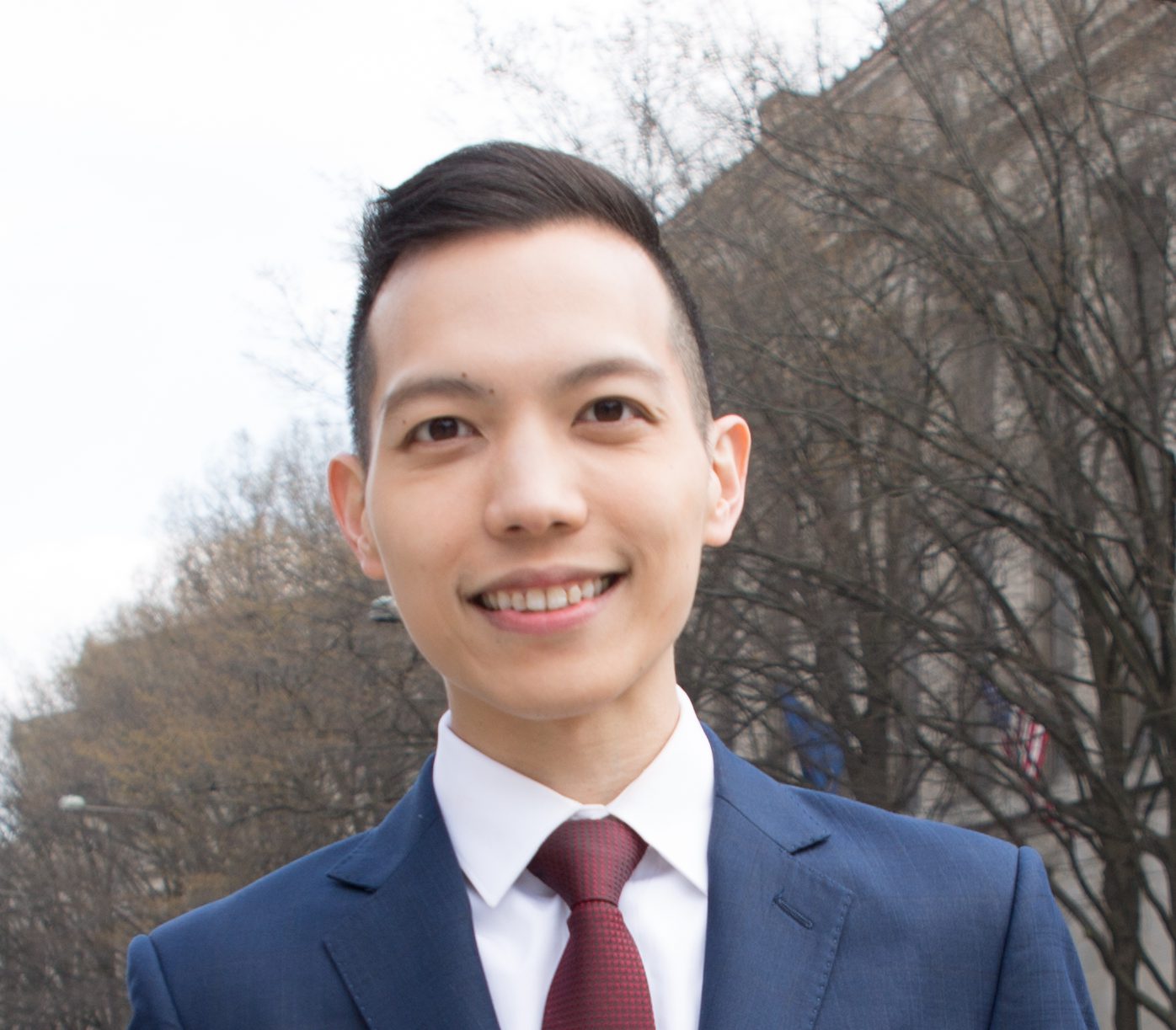

Shih-Wei Chou
(Former) Social Media Broadcaster, RFA
When did you start working at RFA? How did you get started here?
"I was spending my last semester of Graduate School in Washington, D.C., working on my journalism thesis. I found myself in love with the city as soon as I got here, so I decided to stay. At that time, RFA was hiring someone experienced in video editing and digital tools, so I submitted my resume. I was pleased to receive the job offer from RFA! I started as a contractor in 2016, and became full-time employee a year after."
What is the most challenging part working as a bilingual journalist?
"The most challenging part of my job lies in how to create content that is more relevant, informative and appealing to our audience and how to help Chinese people access our content which are institutionally blocked."
What’s unique about working at RFA?
"RFA is a non-profit news agency. We don't sell ads or do things that are commercialized. In order to distinguish ourselves from the rest of news agencies, we cover issues on protests and human rights that are usually veiled by local governments. RFA aims to deliver well-curated content to places where there’s no free press."
Your radio show, Global Journalist, focuses on press freedom. We have several RFA colleagues being threatened or have lost their lives because of the work they do. What’s your observation on global press freedom trends in recent years? Is it getting better or worse?
"If we focus on just Asia-Pacific area, I would say it’s worsening. Violence against journalists and press suppression in China, North Korea, Vietnam and Cambodia has intensified in recent years. Take China as an example, its government is adopting new technology to control and supervise its people from sharing "improper" content on social media or even just discussing any politically sensitive issue on their own private message. Anyone who breaks the rule will receive harsh punishment, including imprisonment. This kind of strict censorship makes it more difficult for foreign journalists to access information and reach its audience in the country."
What is the most recent project you are working on?
"My previous project was about Blockchain Technology. One of the RFA’s mission is to deliver our content and inform our audience of the truth in mainland China where online content is meticulously filtered. So the Chinese government has set up a strong firewall that strictly blocks unapproved sources from outside countries on the internet. When I discussed this issue with my boss, we believed that Blockchain Technology could be a potential method to combat the firewall. Therefore, my colleagues and I produced an explanatory video detailing what the technology is and how it can potentially be used as a counter force against online censorship. This video is unprecedentedly distinctive from other content we created in terms of format, storytelling, and narrative. More important, it performs tremendously well on our social platforms."
Have you encountered any danger or threats while covering news?
"I’m blessed that I haven’t experienced anything like that. However, we do have colleagues whose families are detained in Xinjiang, China, due to the sensitive issues we cover."
What’s a piece of advice you would give someone who wants to work at RFA?
"It can be dangerous as a journalist sometimes. You must be able to take on risks and have courage to find out the truth. Professionalism is often directly associated with a journalist’s credibility and reliability. Without them, it is easy to lose the audience’s trust. Last but not least, be mindful of what you do and say. Not just in your work, but on your personal social media account as well."
RFA Mandarin continues to focus more on digital, can you briefly describe what are the new dynamics?
"RFA Mandarin Service embracing a long-awaited digital transformation, a tactic that doesn’t veer away from our core mission but only makes our content more engaging and well-accepted instead. We still cover stories focused on Chinese human rights. But now we not only improve our video storytelling techniques, we also want to answer more crucial questions, like why does this issue matter to our audience, how can our content relate to their life, and what angles must we include. It’s a great change. And I’m proud to take part in it."